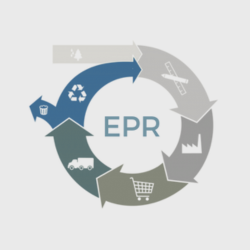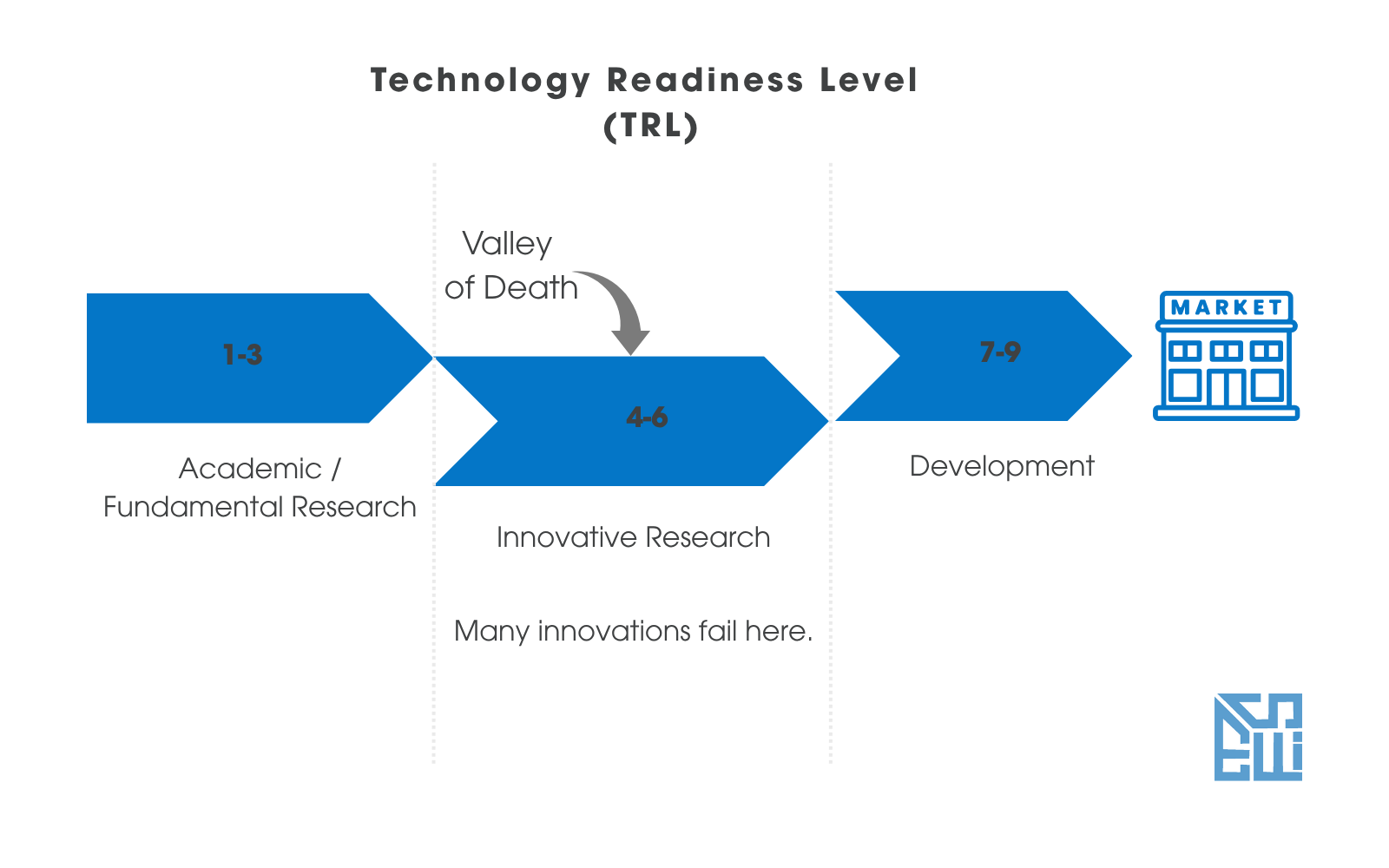European Foundation for Sustainability and Innovation ( EuFSI) is actively promoting sustainability and fostering innovation across Europe and beyond. We empower SMEs and organizations to turn critical challenges into innovative solutions in textiles, water, and food-nutrition sectors.
Sign UpLearn MorePromote implementation of European sustainability and innovation strategy for SMEs and organizations across value chains, with an honest intention of returning to society.
Act as a catalyst in turning critical sustainability challenges into innovative solutions, empowering SMEs and organizations in key sectors like materials, water, and food-nutrition.
EuFSI emerged from a collective vision for a better world, uniting professionals from academia, research, and industry to drive sustainable innovation.
We recognized the barriers faced by SMEs in implementing innovative and sustainable practices, particularly in key sectors like textiles, water, and food.
EuFSI was established to provide SMEs with tools, knowledge, and connections to succeed in sustainability and innovation, fostering cross-border collaboration.
Advancing sustainability in the textile industry through innovative materials and sustainable supply chains.
Enhancing water recycling, providing safe drinking water, and safeguarding water bodies through sustainable practices.
Improving food security and promoting sustainable agriculture through nutritional innovation and sustainable ingredients.
Actively promote and aim to globalize the EU's sustainability and innovation strategy.
Collaborate with startups, SMEs, and organisations to foster business opportunities while complying with EU regulations.
Act as a catalyst and regulatory consulting expert in specified areas.
Foster collaboration within Europe, Asia, and globally to advance sustainable practices.

Ecodesign is a legislative framework that mandates products be sustainably designed across their entire lifecycle, with the Digital Product Passport providing essential data on a product’s environmental impact, origin, composition, and sustainability performance.
Know more
EPR is an environmental policy principle where producers are made legally and financially responsible for the entire lifecycle of the products they place on the market — especially the end-of-life stage (waste collection, treatment, and recycling).
Know more
Waste Legislation refers to a set of laws and directives aimed at minimising the generation of waste, improving waste management, promoting recycling and reuse, and reducing the environmental and health impacts of waste.
Know more
Corporate Sustainability Due Diligence (CSDD) is a proposed EU regulation requiring large companies to manage negative impacts on human rights and the environment across their operations and value chains, while ESG (Environmental, Social, Governance) sets the standards for measuring and reporting their sustainability and ethical performance.
Know more
Microplastics refer to very small plastic particles (typically less than 5 millimeters) that are intentionally added to products or are released unintentionally during product use or breakdown, posing environmental and health risks.
Know more
PFAS (Polyfluoroalkyl Substances) restrictions in the EU aim to eliminate most uses of these harmful, persistent chemicals to protect human health and the environment.
Know more
REACH Revisions aim to phase out the most harmful chemicals in consumer products (like endocrine disruptors, carcinogens, and persistent pollutants), promote safe-by-design innovation, and ensure circular and sustainable use of chemicals.
Know more

Dr. Pramod Agrawal is a seasoned technopreneur with 20+ years of experience in sustainable innovation, research, and entrepreneurship. With a background in material science, functional textiles, biotechnology, and sustainable chemistry, he has led cross-cultural teams across Europe and India to develop impactful solutions for industry and society.
He has created academic curricula, taught at all levels including Ph.D., and served as a thesis coach. Dr. Agrawal holds 4+ international patents, has published widely, and peer-reviews for over 10 international scientific journals. He regularly speaks at global conferences on sustainability and innovation.

Sreenath Kariveti is a global segment manager for wastewater at Mann+Hummel Group in Germany, where he works on sustainable and affordable solutions for water and wastewater treatment. With over 15 years of international experience across Asia, the U.S., and Europe, he brings a broad perspective to solving global water challenges.
His background spans innovation, technology transfer, and startup leadership, with a strong focus on filtration technologies and digital solutions. Sreenath is passionate about creating impact through collaboration and driving change in how we manage water around the world.

Naveen Kumar is working as Environmental Sustainability Manager at a global leading Company specializing in fertilizer technology licensing. His work focuses on driving research and development initiatives to improve the efficiency and sustainability of fertilizers. With a PhD in applied physics from the University of Twente in the Netherlands, Naveen is profoundly committed to sustainability and addressing climate change. His expertise extends into Environmental, Social, and Governance (ESG) frameworks, with a particular focus on sustainability reporting within the textile and food and nutrition sectors.

Rohan Ravi Mani contributes to EuFSI's mission with a strong foundation in sustainable development, production systems, and process optimization. Currently pursuing a Master’s in Management and Engineering at RWTH Aachen University, Rohan brings valuable experience from Bosch, where he supported lean manufacturing and strategic planning initiatives.
Through his academic and professional journey, he has developed interdisciplinary expertise in supply chain management, manufacturing technologies, digital transformation, and sustainability strategies. This broad knowledge base aligns closely with EuFSI’s focus on driving innovation across textiles, water, and food systems for a circular and resilient future.